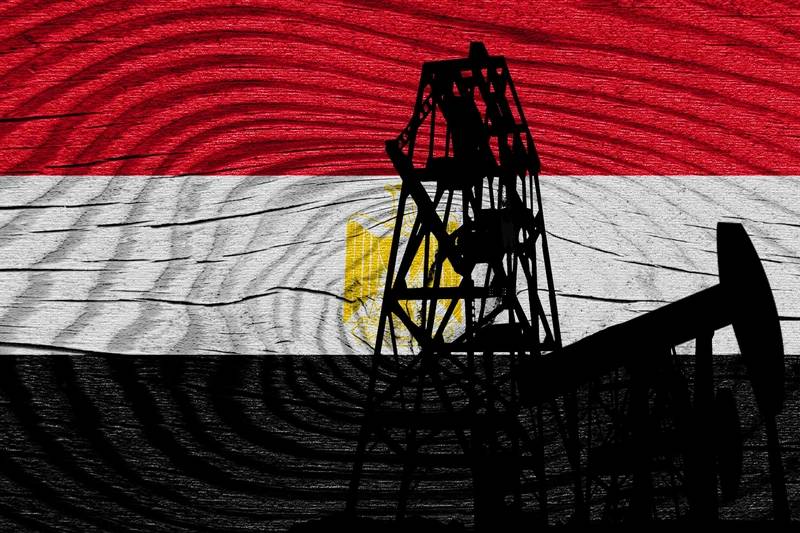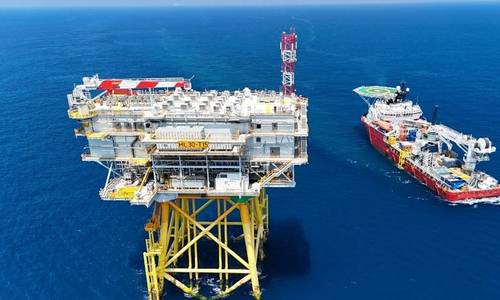Egypt Halts Fertilizer Production In Light of Israeli Gas Disruptions
June 13, 2025

Egyptian fertilizer producers were forced to halt operations on Friday due to a drop in natural gas imports from Israel, industry sources told Reuters.
They said major Israeli gas fields had suspended operations following Israel's military strikes against Iranian nuclear facilities and missile factories.
In response, an emergency plan was enacted prioritising gas allocations, including cutting supply to some industries, Egypt’s Petroleum Ministry said in a statement.
Power stations have ramped up their use of fuel oil to maximum available levels, the ministry said, and some plants are being switched to diesel to help protect the stability of the gas network and avoid power load reductions.
The ministry did not provide a date for when gas supply might return to normal, the sources said.
Leviathan and Karish, two of Israel's main gas fields, were closed on Friday. A third, Tamar, remained operational, one gas analyst told Reuters.
The Israeli Energy Ministry told Reuters that there are disruptions to the regular supply of natural gas, which have, among other consequences, led to a temporary suspension of exports.
It added that it will make every effort to resume supply as soon as possible.
Egyptian Prime Minister Mostafa Madbouly said that Cairo was monitoring the regional situation closely and was aiming to increase its strategic stocks of various commodities, before holding a meeting with top energy officials and the central bank.
In a statement, Petroleum Minister Karim Badawi said his ministry was working to ensure stable gas supplies to power stations and had already contracted gas shipments and stockpiled fuel oil, while work was under way to bring docked floating storage and regasification units (FSRUs) online.
Egypt has received three FSRUs but only one has started injecting gas into the national grid, according to Badawi, while the other two are being prepared and connected to ports.
Madbouly said, when all vessels are operational, Egypt's combined daily regasification capacity will reach 2,250 million cubic feet, more than double last year's capacity, adding that Egypt still hopes to lease a fourth unit to be used in emergencies.
Egypt has increasingly relied on Israeli gas since its own production began declining in 2022. Israeli gas accounts for 40-60% of Egypt's total imported supply and about 15-20% of its consumption, data from the Joint Organisations Data Initiative (JODI) shows.
Egypt signed agreements with energy firms and trading houses this week to buy at least 150 cargoes of liquefied natural gas in the country's largest ever import purchases, which total over $8 billion at current prices.
(Reuters)






